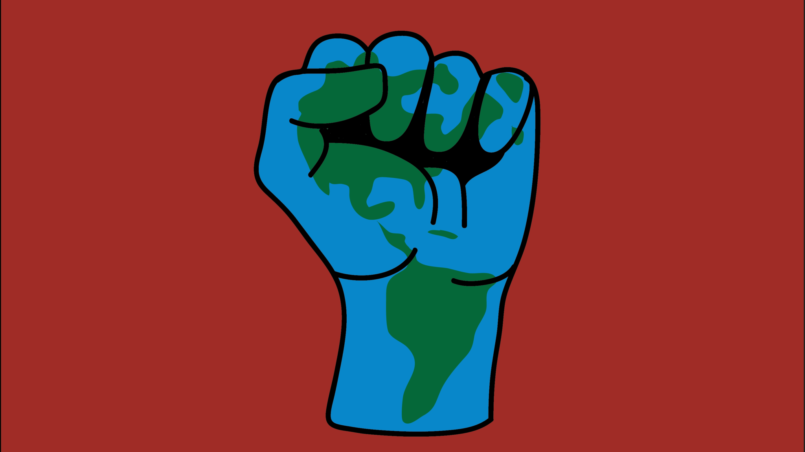Photo: Phyllis 7th Ward
Amid the protesting centered around the systemic racial violence aimed at black lives, other sources of injustice can be included to be addressed too. One prevalent but silent issue is that of environmental justice. An example would be to build low-income housing aimed at a specific race near a polluting power plant.
Recently, reporting by Politico Energy has raised the issue of addressing environmental justice while protesters gather policymakers attention with the senseless discriminatory violence:
ENVIRONMENTAL JUSTICE NETWORK RELAUNCHES: Activists revived the National Black Environmental Justice Network amid national attention to ongoing protests around police brutality and the raging coronavirus, both of which disproportionately affect black Americans. Environmental justice organizers said they hoped to provide a national platform for local groups whose communities are more likely to be located near sources of polluting and fossil fuel extraction, a result of decades-long systemic racism in zoning, housing, lending and permitting practices on which the country is currently focused."We have to force our elected officials starting at the local level all the way up to the national level," Robert Bullard, the network co-chair and a distinguished professor of urban planning and environmental policy at Texas Southern University, said on a media call. "We have a political agenda, but our agenda is longer than two years or four years. We need a 50-year plan."WATER'S EQUITY PROBLEM: With the coronavirus pandemic ravaging the Navajo Nation, where one-third of homes lack access to running water, and Flint, Mich., still reeling from its lead contamination crisis, Colorado Gov. Jared Polis (D) and water experts said during a POLITICO live event on water sustainability that national conversation over racial inequality needs to extend to the water space. "The history of water management in this country is that we haven't had the right people at the table, and so we continue to have suboptimal outcomes, whether it comes to Covid-19 recovery, drought management, how do we deal with flooding, emerging contaminants. And so if we're going to get the future of water right, we have to have more inclusive and diverse tables," said Radhika Fox, CEO of the U.S. Water Alliance. Find the full conversation moderated by Pro's Annie Snider here.
Why are minority communities disproportionately affected by chemical industries or other industries which pollute local areas? One reason proposed is that these communities have little voices among the rich and powerful. Although, if readers look to Porter Ranch in Southern California in the San Fernando Valley - a different story would be seen.
Porter Ranch is affluent and borders the Aliso Canyon Gas Storage field. Residents were exposed to the most massive methane blowout in history a few years ago. Additionally, residents have fought for years to close the facility with no luck in sight.
The majority of industries border poor and minority neighborhoods. This should change. Each person should live without fear of exposure to pollutants. How does the world promote this change is an open-ended question? And yes, the problem is directed at the world rather than the United States. Business is global, and solutions are universal too.
Related Blog Posts:
Jocko Willink: A Message To All People
A Message from General James Mattis Regarding the Use of Military to Police the Streets of Washington D.C.
A Message from President Obama Regarding Recent Tragedies and Pandemics
CSUN Message Regarding The Senseless Killing Of George Floyd

No comments:
Post a Comment